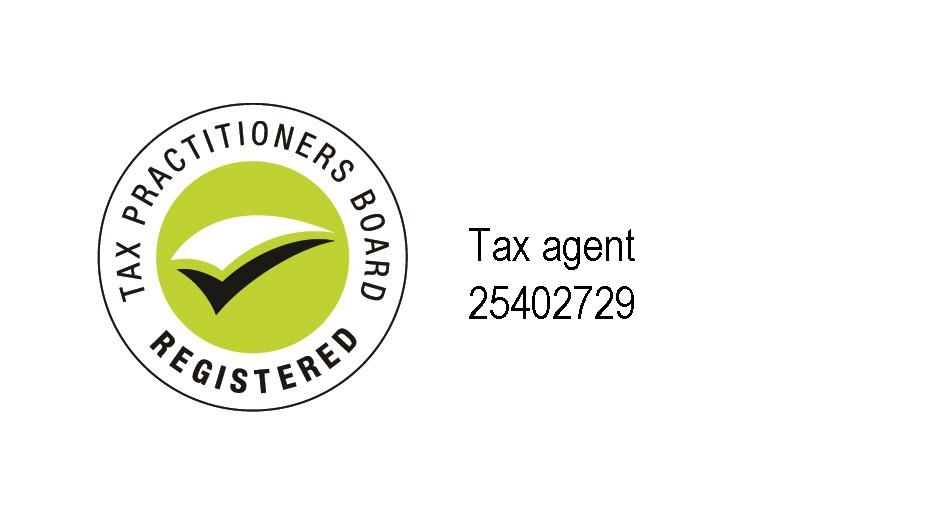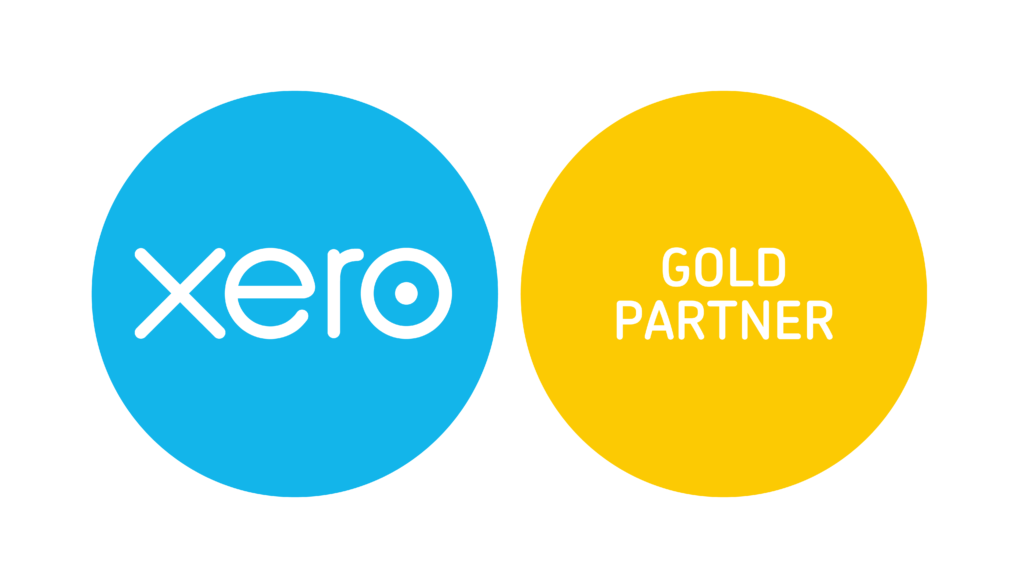Why Your Business Needs a Business Plan

Even the smallest business can benefit from writing a Business Plan. A business plan is an important strategic tool for entrepreneurs and the value is two-fold. Firstly, it acts as a vehicle to communicate your vision and provides external collaborators with the confidence they need to invest in your service or product. Secondly, a good Business Plan will help you focus on the steps necessary to make your business a success.
A Business Plan will include an executive summary of the entire plan and should catch the investor’s attention. The plan will also include detailed information about your management team, information about the products or services you intend to offer, a market analysis of your industry, your marketing strategy and a risk analysis. Include charts detailing financial projections over the next one to five years. These may include projected profits or losses, break-even analysis, cash flow projections and balance sheets. You also may create an appendix of personal financial statements, credit history and tax returns to show to specific individuals but not everyone.
A sound Business Plan will, at completion, help you understand your short and long-term business objectives – which will be derived from the market research, detailed information gathering, marketing strategies, target audience analysis, staff plan, obstacles and goals established when developing your plan.
“If you fail to plan, you are planning to fail.” Benjamin Franklin
While we believe a Business Plan is essential in your journey to greatness, not every entrepreneur agrees. Some are reluctant to write it all down, feeling that documentation is a waste of time when they could be ‘doing’. However, some business funding experts dis-agree and believe that having a good business idea is not enough. Even excellent ideas can be totally useless if you cannot formulate, execute and implement a plan to get your business off the ground.
Venture capitalist and Silicon Valley pioneer Eugene Kleiner once stated that writing a Business Plan forces you into disciplined thinking. An idea may sound great, but when you put down all the details and numbers, sometimes it falls apart or you come to your senses. For example, if you’re looking to raise funds from institutional investors and lenders, a good business plan is invaluable. You should aim to have a well-documented Business Plan that sells your vision, your passion and most importantly, how this will translate into dollars.
“Unless commitment is made, there are only promises and hopes; but no plans.” Peter F. Drucker
There are three key reasons why you should have a business plan:
A Business Plan is vital to helping you get finance.
Lenders and investors will only risk their time and money if they’re confident that your business will be successful and profitable. Hence, if you’re seeking finance, you’ll need to show the banks and/or investors why they should invest in you.
Potential investors or lenders will want a written Business Plan before they give you money. Think of the Business Plan as a communication tool that you can use to secure investment capital from financial institutions or lenders, convince people to work for you, to secure credit from suppliers, and to attract potential customers. A mere description of your business concept is not enough. Instead, ensure you have a thorough plan that demonstrates the likelihood of success and how much you will need for your business to take off.
A thorough and well-researched business plan:
- It shows that you’re serious: so serious in fact, that you have taken the time to research your domain and write a plan that sets you up for success.
- Share the vision: a Business Plan helps lenders and investors understand your business idea and your why.
- Financial/Cashflow Forecast: a Business Plan will shows your predicted profits and income streams.
- Marketing Plan: a Business Plan will articulate how you plan to reach your target audience, which is fundamental to generating a profit.
This process is a crucial part of helping you attract the funds you need to get started. For this reason, we recommend not only having a Business Plan but taking the time to ensure it is clear, easy to read and understandable.

Peter F. Drucker
A Business Plan will identify the people you need on the bus
As a business owner myself, understanding the things you need to accomplish in order to get your business off the ground is only part of the equation. Identifying the experts and professionals who are in a position to give you advice and support (in areas for which you are not an expert) is equally as important. When creating your Business Plan, outline all the skills (carpentry) you will need and then align this back to roles (cabinet maker). This will help you build a picture of the kinds of people you will need on your journey to success (and then you can ask for referrals and favours from your network).
Another important element is creating a sound governance structure for your business. This is something I highly recommend, especially in those early days when things can go wrong very quickly. Develop an advisory board of peers, who can give you support, advice, objective feedback, referrals and help you network. And remember to share your plan with them – which will be essential to their understanding of how they can help you.
A business plan can help you prioritise.
A complete, thoughtful business plan is valuable as it clearly articulates your business goals and objectives, maps out strategies to achieve your goals and helps you focus on what you need to do to be successful (which will be a God send during times of turbulence). It clearly defines your product and or service, how you will deliver this product or service, your target market, their drivers to buy, how you will trigger their interest and how you will execute.
Preparing a business plan therefore, will put a laser-light focus on your priorities – to make your dream a reality. This means you can focus your resources and energy on what you need to do, rather than spreading yourself too thin.
A Business Plan can help you identify potential weakness in your idea
Having a Business Plan helps you to identify potential risks and pitfalls in your business idea. But on the flip-side, it also allows you the opportunity to assess those same risks against a risk management framework and work out just how catastrophic things really are. It is really likely? And if so, how much damage can be done?
You can also share the data you collect with your advisory board or employees, who can give you their opinions and advice.
A Business Plan can give you control over your business.
Developing your business plan helps you to step back and look at what’s working in your business and what you need to improve on.
If you have employees or an advisory board, this is an ideal document to share. Your mentors and employees will be much more adept at assisting you to achieve the vision and business objectives – when they know what they are. Further, this process also encourages your peers and colleagues to take on some accountability and/or provide feedback on areas improvement or new ideas for functions, features or services. Your employees and advisory board will value the opportunity to contribute to the business and will also keep you honest and accountable for your actions.
In a past life, we called these sessions ‘Strategy Days’ and encourages the team to take time out from the day-to-day grind to assess the currency of the Business Plan (was it still valid considering what we have learnt), what have we achieved (yay!) and are we tracking to our business objectives and goals (metrics and data always help). This forum will give you an opportunity to assess your hard work objectively, adjust and regain a sense of control about the future of your business.
The planning process will help you learn about the different forces that may/will affect your success (risks) and, if you’re already in business, it helps you to assess your achievements and what needs continued effort.
Set yourself a reminder to review your business plan regularly
Once you’ve got a business plan in place, it’s a good idea to regularly review and update it to:
- remind yourself of your goals and priorities
- assess whether your strategies are working
- adapt to any new changes in your environment
- make the most of new opportunities as they come your way
Aim to have a Strategic Planning day once a quarter (at best) or bi-annually. In my opinion, annually is too far between drinks. Further, if you have a team in your business, holding a Strategic Planning day is an important way of celebrating your successes and brainstorming what needs to be added to the plan – as your intelligence grows. Remember, this is a great way to benefit from the knowledge of your staff – it also ensures you’re all on the same page and that you get their support.

Don’t Start with a Blank Sheet of Paper
To write an effective business plan you’ll need time and focus. You don’t have to start with a blank sheet of paper. Semmens & Co have a Business Plan template and examples that will help you understand how to answer the questions and guide your research.
Remember when writing a Business Plan, you may use the document in many different scenarios, i.e. you may give it to the bank for consideration on a loan, you may give it to investors when trying to raise capital, or potential business partners if you are interested in partnerships or joint ventures. What do you want their response to be?
Depending on the target audience, it is good to set-up sections of the document that focus on the key message you want them to receive – in order to get the response you want.
The Art of Business Planning
Business planning can seem overwhelming and time-consuming but if you choose to see it as an opportunity you will feel an overwhelming sense of achievement when you have the finished in your hands. Instead of worrying about the future, a Business Plan gives you a sense of clarity, confidence and a sense of control over your business destiny and livelihood.
Writing and researching for your Business Plan gives you the chance to:
- learn about your industry, market and competitors
- write down exactly where you are in the market and where you’re headed
- identify risks and challenges, with an opportunity to formulate strategies to avoid or overcome them
- understand your business finances, including managing cash-flow and determining your break-even point
- set specific goals and timeframes for achieving them and, how you’ll measure performance
- start making sound business decisions that focus your effort and resources
Equally as important as writing the plan, is keeping it up to date. A business plan is not a document you create once and store in your bottom drawer. It’s a living guide that you should develop as your business grows and changes. Successful businesses review and update their business plan when circumstances change.
Creating a Business Plan also involves a lot of thought. At its core, your plan should identify where you are now, where you want your business to go, and how you will get there. Consider what you want to do and use that as your starting point and remember, it doesn’t need to be complicated. In return, a well-structured Business Plan will give you direction and help your business become a success, acting as a roadmap for your business’s future. Get started today.
If you need assistance with writing a Business Plan contact Semmens & Co on 03 8320 0320 for a free consultation.







